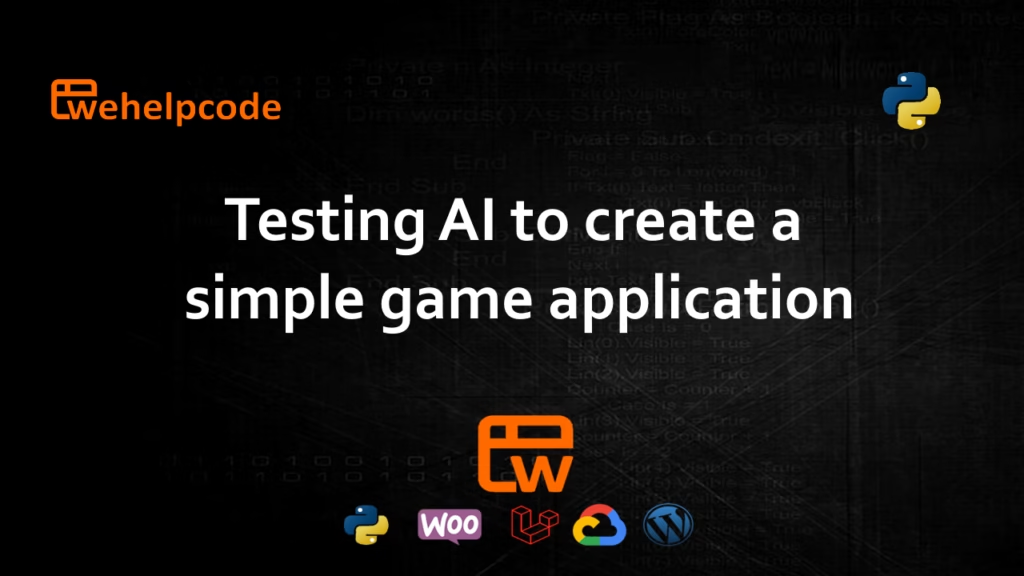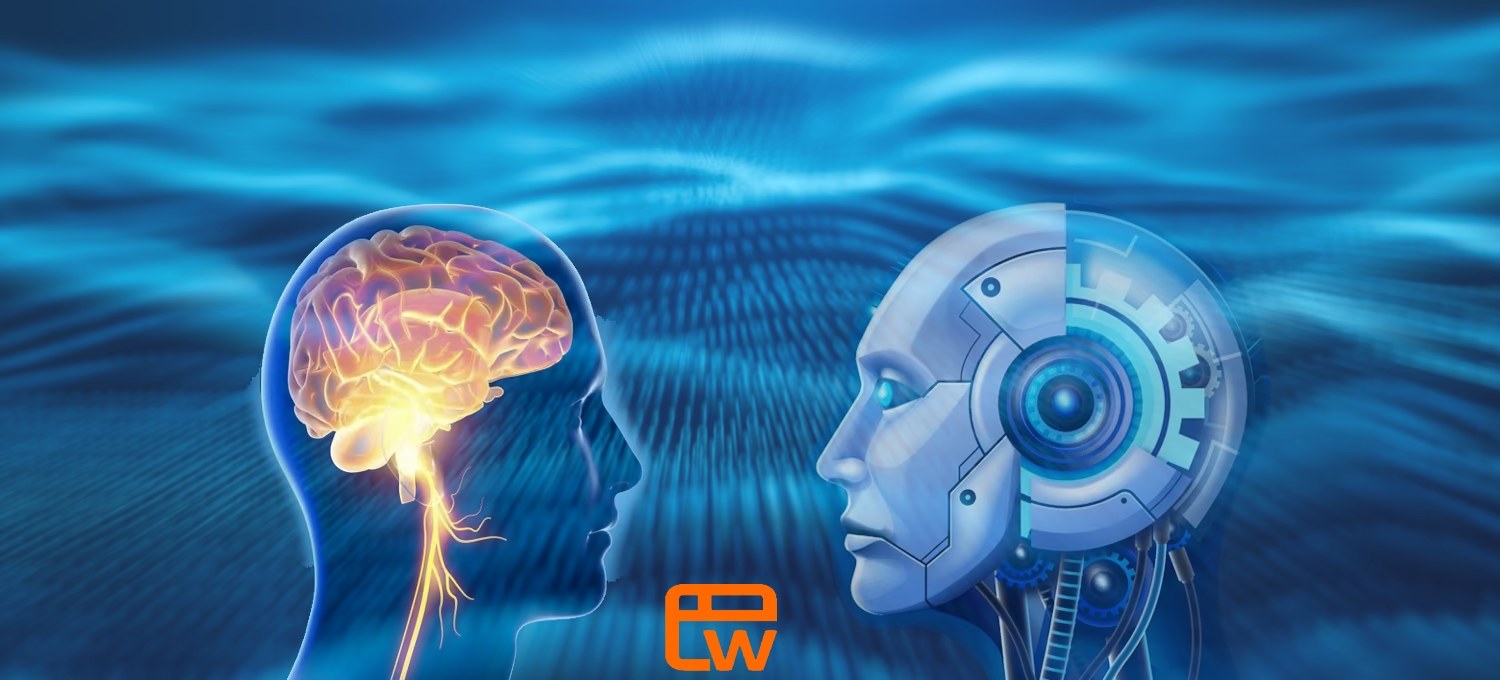Artificial Intelligence (AI) is transforming industries at an unprecedented pace, and the field of software development is no exception. As AI technologies become more sophisticated, they are reshaping the way software is designed, developed, tested, and maintained. For software developers, this evolution presents both exciting opportunities and significant challenges. This essay explores how AI is likely to affect software developers, examining its implications for productivity, skill requirements, job roles, and the broader ethical considerations that come with integrating AI into the development process.
1. Augmenting Developer Productivity
One of the most immediate and tangible impacts of AI on software development is its ability to augment developer productivity. AI-powered tools are increasingly capable of automating repetitive and time-consuming tasks, allowing developers to focus on more complex and creative aspects of their work. For example, AI-driven code completion tools, such as GitHub Copilot, leverage large language models to suggest code snippets, functions, or even entire modules based on natural language prompts or existing code. This not only accelerates the coding process but also reduces the cognitive load on developers, enabling them to concentrate on higher-level problem-solving and innovation.
Similarly, AI is streamlining other aspects of the development lifecycle, such as debugging and testing. Tools like DeepCode and Snyk use machine learning to analyze codebases, identify potential vulnerabilities, and suggest fixes. Automated testing frameworks powered by AI can generate test cases, predict areas of the code most likely to fail, and even optimize test coverage. By automating these traditionally labor-intensive tasks, AI allows developers to deliver higher-quality software in less time.

2. Shifting Skill Requirements
As AI becomes more integrated into the software development process, the skill set required of developers is evolving. While foundational programming skills remain essential, developers are increasingly expected to understand and work with AI-driven tools and technologies. Familiarity with machine learning frameworks, natural language processing, and data science concepts is becoming a valuable asset, even for developers who are not directly building AI systems.
Moreover, developers must adapt to a new paradigm where collaboration with AI is the norm. This requires not only technical skills but also the ability to critically evaluate AI-generated outputs, refine them, and integrate them into larger systems. Developers will need to develop a deeper understanding of how AI models work, their limitations, and how to effectively leverage them to enhance their workflows.
In addition to technical skills, soft skills such as creativity, critical thinking, and adaptability will become increasingly important. As AI handles more routine tasks, developers will need to focus on tasks that require human ingenuity, such as designing innovative solutions, understanding user needs, and making strategic decisions.
3. Redefining Developer Roles
The integration of AI into software development is also redefining the roles and responsibilities of developers. Traditional roles, such as coding and debugging, are being augmented or even replaced by AI-driven tools. However, this does not mean that developers will become obsolete. Instead, their roles are likely to shift toward higher-level tasks that require human expertise.

For instance, developers may spend more time on system architecture, designing AI-driven workflows, and ensuring that AI-generated code aligns with business objectives. They may also take on roles as “AI trainers,” curating datasets, fine-tuning AI models, and ensuring that these models produce accurate and ethical outputs. In this way, developers will act as intermediaries between AI systems and the real-world problems they are designed to solve.
Furthermore, the rise of AI is creating new roles within the software development ecosystem. Positions such as AI ethicists, AI integration specialists, and AI-powered tool developers are emerging, offering new career paths for developers who are willing to embrace these technologies.
4. Ethical Considerations and Responsibility
As AI becomes more deeply embedded in software development, ethical considerations are taking center stage. Developers must grapple with questions about bias, transparency, and accountability in AI systems. For example, AI models trained on biased datasets can perpetuate or even exacerbate existing inequalities, leading to unfair outcomes in areas such as hiring, lending, and law enforcement.
Developers have a responsibility to ensure that the AI systems they build are fair, transparent, and aligned with societal values. This requires a proactive approach to identifying and mitigating biases in datasets, designing explainable AI models, and implementing mechanisms for accountability. It also necessitates collaboration with experts in ethics, law, and social sciences to address the broader implications of AI technologies.
Moreover, developers must consider the potential impact of AI on employment and society as a whole. While AI can enhance productivity and create new opportunities, it also has the potential to disrupt traditional job markets. Developers must be mindful of these implications and advocate for responsible AI practices that prioritize the well-being of individuals and communities.
5. The Future of Collaboration: Humans and AI
The future of software development is not about humans versus machines but about humans and machines working together. AI is not a replacement for developers; rather, it is a powerful tool that can enhance their capabilities and enable them to achieve more than they could on their own. This collaborative approach has the potential to drive innovation and solve complex problems that were previously out of reach.
For example, AI can assist in the early stages of a project by generating prototypes, suggesting potential solutions, or identifying trends in user behavior. Developers can then refine these outputs, applying their creativity and expertise to produce solutions that are both technically sound and aligned with user needs. This synergy between human intuition and machine intelligence could lead to breakthroughs in fields such as healthcare, education, and sustainability.
Conclusion
AI is poised to have a profound impact on the field of software development, offering both opportunities and challenges. By automating repetitive tasks, enhancing productivity, and enabling new forms of collaboration, AI has the potential to revolutionize the way software is built. However, it also requires developers to adapt to new skill sets, embrace evolving roles, and address complex ethical considerations.
As AI continues to advance, software developers must remain agile, continuously updating their skills and staying informed about the latest developments in AI technologies. By doing so, they can harness the power of AI to drive innovation, create meaningful solutions, and shape a future where technology serves the greater good. Ultimately, the integration of AI into software development is not just a technical evolution; it is a call to reimagine the role of developers in a world where human and machine intelligence work hand in hand.
![]()






